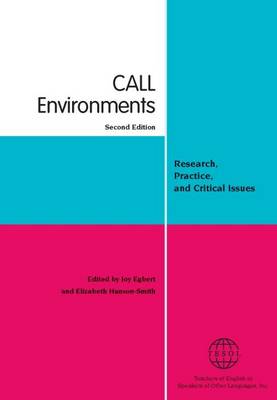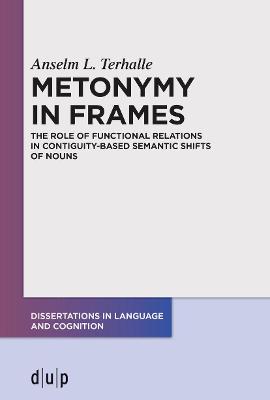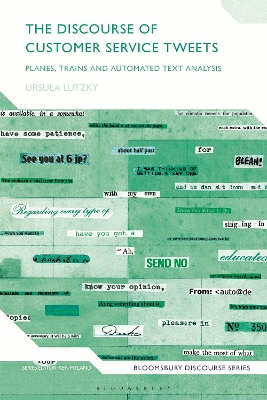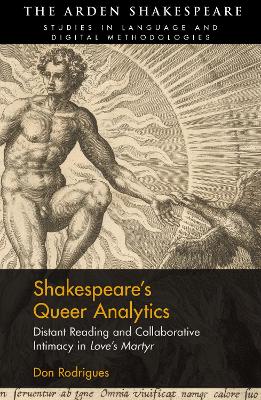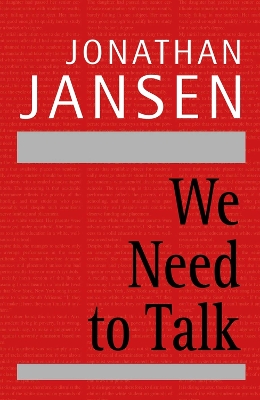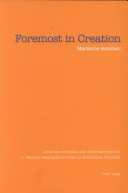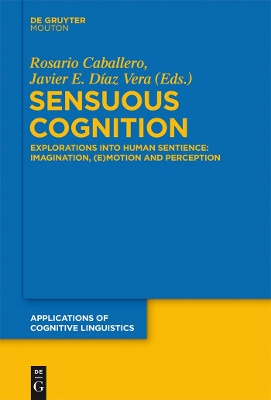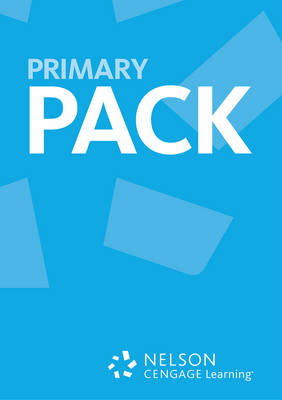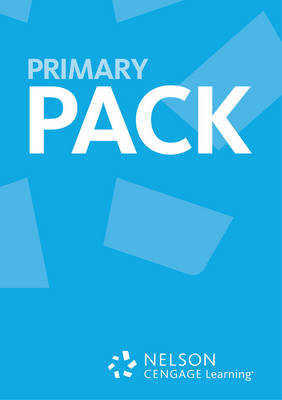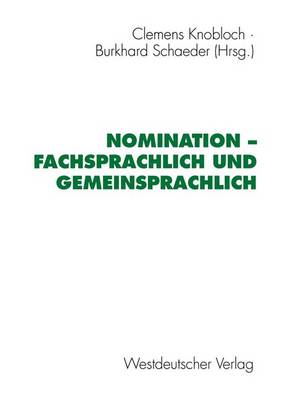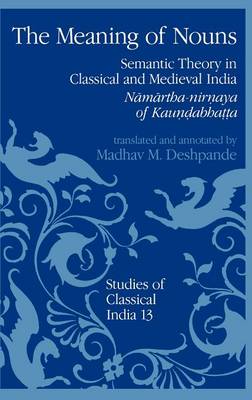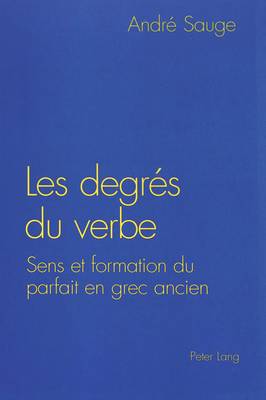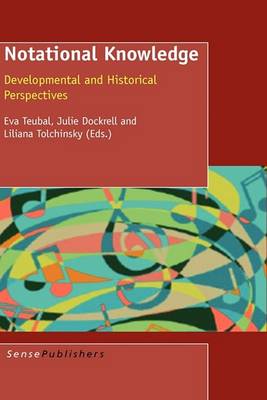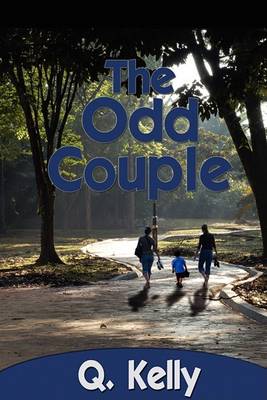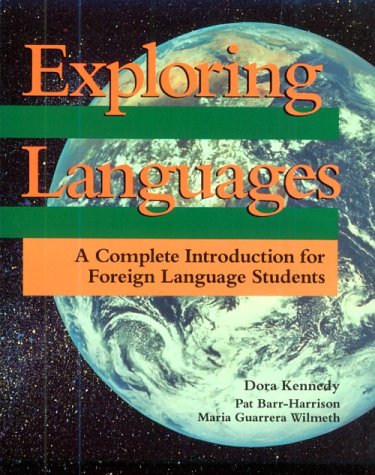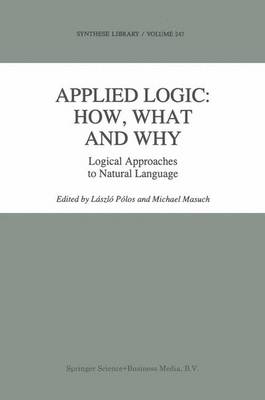Call Environments
When the first edition of CALL Environments was published in 1999 (Alexandria, VA: TESOL), it filled a distinct need for a computer assisted language learning (CALL) text focused specifically on second language acquisition (SLA). Much has happened in the world of technology since then, but the need to maintain this connectionbetween research on both CALL and SLA still exists. This second edition continues to meet that need by highlighting new tools, discussing new research, and proposing new pra...
Metonymy in Frames (Dissertations in Language and Cognition)
by Anselm L. Terhalle
This work refines the notions of metonymy and of conceptual contiguity, upon which metonymy relies, by describing a necessary structural property of metonymy. Metonymy is a fundamental mechanism of meaning construction in context, which has been studied for more than 2000 years: a linguistically coded source concept directs attention to a situationally relevant target concept. Modelling metonymic contiguity by means of recursive attribute-value structures, inspired by findings from cognitive...
The Discourse of Customer Service Tweets (Bloomsbury Discourse)
by Dr Ursula Lutzky
Shakespeare's Queer Analytics (Arden Shakespeare Studies in Language and Digital Methodologies)
by Don Rodrigues
There are in this volume sentences written as long ago/ as 1957. What was then projected as the third part of a modest discussion of then current issues has, through some fifteen revisions, now expanded into its own three parts. Of the project as originally conceived, the first part, itself grown too large, was published (prematurely, I now believe) in 1965 (Stratification of Behaviour). The second part, which was to be on language proper, was abandoned around 1967; such materials on language as...
Sensuous Cognition (Applications of Cognitive Linguistics [ACL])
This book provides an interdisciplinary, unified view of sensual cognition and its cultural manifestations. The contributors favour an ecological perspective and revisit and problematize some of the core assumptions in Cognitive Linguistics. One of the original tenets of CL states that human thinking is grounded in experiential gestalts as well as in interaction between peoples' embodied minds and their various environments or cultures. In addition to looking in detail at this tenet, the volume...
Pm Plus Non Fiction Level 8&9 the Environment Mixed Pack X6 Yellow
PM is a firm favourite amongst Primary Schools due to its reputation for reading success. Offering over 800 carefully levelled fiction and non-fiction books, PM builds confidence through gradual progression and step-by-step support.
PM Plus Gold 22 Fiction Mixed Pack (10)
PM is a firm favourite amongst Primary Schools due to its reputation for reading success. Offering over 800 carefully levelled fiction and non-fiction books, PM builds confidence through gradual progression and step-by-step support.
Nomination — fachsprachlich und gemeinsprachlich
"Nomination" ist kein eingefuhrter linguistischer Terminus mit verbindlicher Definition. Allgemein bezeichnet der Ausdruck diejenigen sprachlichen Operationen, mit deren Hilfe ein Sprecher gemeinte Gegenstande, Sachverhalte oder Begriffe dem Horer verfugbar macht. Die Mittel nominativer Operationen sind teils fertige lexikalische Einheiten, teils aber auch Verfahren, mit deren Hilfe nominative Einheiten fallweise neu gebildet werden. Die Beitrage des Bandes befassen sich mit den linguistischen,...
The Meaning of Nouns (Studies of Classical India, v. 13)
Kaun abhatta's Vaiyakarana-bhusana is a massive work on semantic theory written in India in the 17th century. Kaun abhatta belonged to the tradition of Sanskrit grammar and in this work he consolidated the philosophy of language developed in the Paninian tradition of Sanskrit grammar. Kaun abhatta's work takes account of the philosophical debate which occurred in classical and medieval India among the philosophers and grammarians from about 500 B.C. to the 17th century A.D. Kaun abhatta...
Signs, Mind, and Reality. a Theory of Language as the Folk Model of the World.
by Sebastian Shaumyan
Applicative Morphology (Trends in Linguistics. Studies and Monographs [Tilsm], #373)
Renouant avec un debat du XIXe siecle sur la valeur intensive du parfait en grec ancien, l'auteur demontre tout d'abord que les interpretations desormais dominantes sur le sens de cet aspect verbal sont inadequates ou tout simplement fausses. A l'appui des hypotheses qu'autorise l'histoire de sa formation et une comparaison avec les langues indo-europeennes, il montre son statut particulier dans la langue grecque ancienne. Par diverses methodes de travail (analyse semantique d'abord, examen deta...
Notational Knowledge
Hebräisches und Aramäisches Handwörterbuch über das Alte Testament
by Wilhelm Gesenius
Der "Gesenius" ist zu einem Begriff geworden. Es handelt sich um die 18. Auflage des zuerst 1810/12 und 1815 von dem Hallenser Alttestamentler und Orientalisten Wilhelm Gesenius (1786-1842) herausgegebenen, seitdem immer wieder bearbeiteten Handwörterbuchs für die hebräische und aramäische Sprache des Alten Testaments: eines Standardwerkes für Generationen von Studenten, Pfarrern und Lehrern. Der Unterschied der 18. gegenüber der 17. Auflage besteht hauptsächlich darin, dass das Wörterbuch auf d...
Exploring Languages
by Dora F Kennedy, Pat Barr-Harrison, and Maria Guarrera Wilmeth
Kulturbolschewismus! (Theorie Und Vermittlung Der Sprache, #52)
by Bjoern Laser
Der Ausdruck Kulturbolschewismus erlebt zwischen 1929 und 1933 eine einmalige Konjunktur. Von der Preussischen Volksschullehrerinnen-Zeitung bis Rosenbergs Weltkampf, vom Aufruf der Sauerlandschutzen bis zur papstlichen Enzyklika, vom Wahlflugblatt bis zur Regierungserklarung bezeichnet er eine dringend abzuwehrende Bedrohung von Kultur, Sitte, Familie und Nation. Durch ein Kennwort verbunden entsteht aus Phanomenen von der Kleinschreibung bis zur Komintern ein einheitlicher Gegner, in dessen...
Applied Logic: How, What and Why (Synthese Library, #247)
A selection of papers presented at the international conference `Applied Logic: Logic at Work', held in Amsterdam in December 1992. Nowadays, the term `applied logic' has a very wide meaning, as numerous applications of logical methods in computer science, formal linguistics and other fields testify. Such applications are by no means restricted to the use of known logical techniques: at its best, applied logic involves a back-and-forth dialogue between logical theory and the problem domai...
